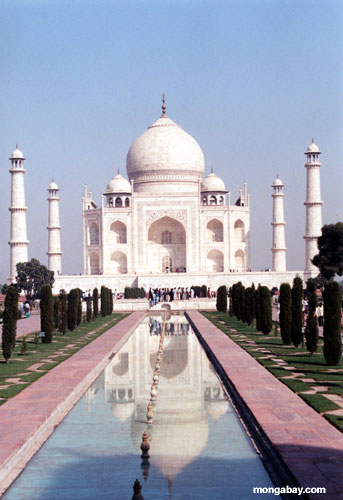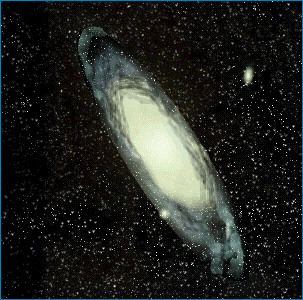
A reader posed a couple of questions that go us thinking…
He asked: “You have said that whatever we do doesn't matter… [However], I feel all people who have contributed to [the present] kept some goals and worked accordingly right? Does that not conflict with the absurd?”
First things first…
First, we can imagine an absurd man doing just about anything – writer, doctor, construction worker, plumber, whatever. It’s really about awareness and acceptance of the absurd. A writer can be absurd and anti-absurd. A doctor can be absurd or anti-absurd.
Besides this, the only other key leg of the table of absurdity is that the absurd man does not wish to take away from others the freedom he cherishes for himself. (As Camus put it, with his usual style, in the Rebel: “The freedom which he demands he claims for everybody; that which he rejects he forbids all others to exercise. He is not simply a slave opposing his master but a man opposing the world of master and slave.”) For this reason, we can’t imagine, say, a murderous despot as absurd even if he agrees that nothing matters.
With this groundwork, it’s easy to see that just because you create something that outlasts you doesn’t mean you can’t be absurd. The absurd man does nothing for the eternal, Camus says somewhere, which is another way of saying that the absurd man rejects the sacrifice of present happiness for some abstract promise of future happiness (or happiness beyond death).
This doesn’t mean the absurd man – lacking grand life goals, living in the present – can’t create things that outlast him. It doesn’t mean he can’t advance the body of human knowledge. In fact, in our experience and studies, we find lots of scientists are actually quite absurd.
Take Watson and Crick, who discovered the Double Helix structure of DNA, as described in Richard Ogle’s book Smart World:
“At times the two central protagonists behaved like people whose day job was working up skits for Monty Python....they had distinctly lackadaisical work habits. Watson played several sets of tennis every afternoon and spent his evenings alternately chasing 'popsies' at Cambridge parties and going to the movies. Crick, who rarely showed up at the lab before 10 AM and took a coffee break an hour later, repeatedly appeared to lose interest in the problem of DNA. On more than one occasion, vital pieces of information were obtained not through hard work but as a result of chance conversations in the tea line at the Cavendish laboratory.”
Is that great or what? Is that not the portrait of two absurd men? We don’t know enough about Crick and Watson to say whether they were really absurd men or not, but his snippet by Ogle is a great snapshot of absurd men in action.
Scientists in general, as we say, are often absurd. They are, after all, at the frontier of absurdity. They know how little we know. Every answer simply raises new questions. They are fully aware of how small we are in this great big universe and how that great big universe doesn’t give a rat’s behind about humanity.
In the end, science affirms the absurd in many ways.











